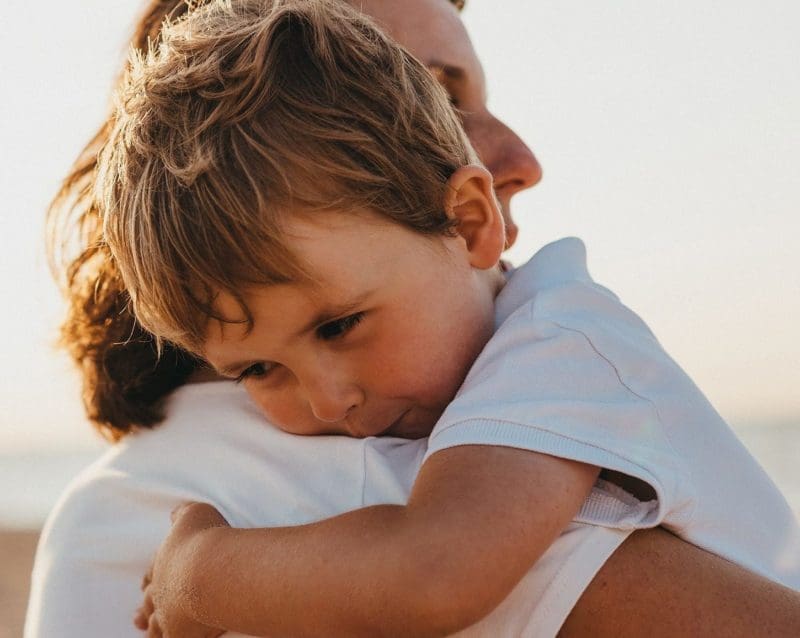- Lack of empathy for others
- Impulsive behavior
- Not concerned with their safety or the safety of others
- Attempting to control others with threats or aggression
- Not learning from mistakes or punishment
- Lying to avoid owning their behavior
- Using cuteness to manipulate others
This is why a diagnosis of Sociopathic Personality Disorder can’t be made in a child below the age of 18. However, this doesn’t mean you’re not living with one, and I don’t mean the one you’re married to.
No wonder you are baffled when your child displays poor behavioral controls. You feel that you’re living in a world where you’ve become an indentured servant to a sociopath, and you think, “this is not what I signed up for.” Other than wish the little stinkers had never been born (and since you can’t send them back), what do you do?
The answer depends on what developmental stage the child is in. For instance, toddlers are all about power and control. Like when you give them blueberries instead of strawberries, and they full-on scream like a torture victim. Or the time you gave them the wrong color cup, which is the exact same one they asked for. This is when you look at them and think to yourself, “what the F am I supposed to do?” Well-recognized experts, with whom I disagree, suggest that you shouldn’t let your children’s moods and behavior affect you too much, or it gives the child too much power over you. Not to mention, it will screw up your head. Why don’t I agree with it? Because detached serenity in the face of your child acting as the archetypal spoiled brat is totally unsustainable. You are also a member of the human species.
What is realistic is for you to take a moment, collect yourself, and realize that tantrums are normal. Since a toddler doesn’t know how to “talk it out” yet, they “tantrum it out” instead. The online course Winning the Toddler Stage suggests the way to squash tantrums is to let the child know you hear them and acknowledge their frustration but redirect their anger. For example:
I hear you. You’re frustrated because you don’t want to eat out of the yellow bowl. I have favorites too, but you’re not getting another bowl right now, so if you don’t eat from it, you won’t be getting an ice cream sundae mound with whip cream the size of your head. Don’t worry; they don’t know what that means because they also don’t have spatial understanding, but it may make you feel as if you have the upper hand, which you will at that point.
Consistently and patiently repeating boundaries is the best way to help a toddler learn to cope with disappointment, which is a part of life. The thing is, as a parent, your job is to help your child find a better way to deal with frustration, and there is no way you can do that if you give in to tantrums or have one yourself.
But what about when they are able to articulate their feelings, and at 14, there are still screaming fits and obstinate behavior? Adina Mahalli, a family specialist for Maple Holistics, suggests, “Children are born with the need and desire to connect with those around them. When caregivers establish positive relationships with children during early years, children feel safe and secure, laying the foundation for healthy social and emotional development.”
We all know that it doesn’t take many trips around the sun to know that adults also often have trouble expressing and managing their emotions. Just as parental emotional development isn’t done in a straight line, a child’s emotional development isn’t either. Every parent feels the emotional rollercoaster. From the depths of their perceived guilt for messing up their child, their life’s work, their everything, to the five minutes or perhaps, if they’re lucky, whole afternoons when their child is so perfect, they know exactly where their heart is in their chest. They can feel it catch just for a second in gratitude for the wonder of it all, and suddenly it all seems worth it.
As your children grow, the only advice from all the experts, regardless of what age you are dealing with, is that Medea-style rage is not the way to help children find the skills they’ll need to fall back on when the inevitable happens in life and it gets tough.





Great and Interesting Read!